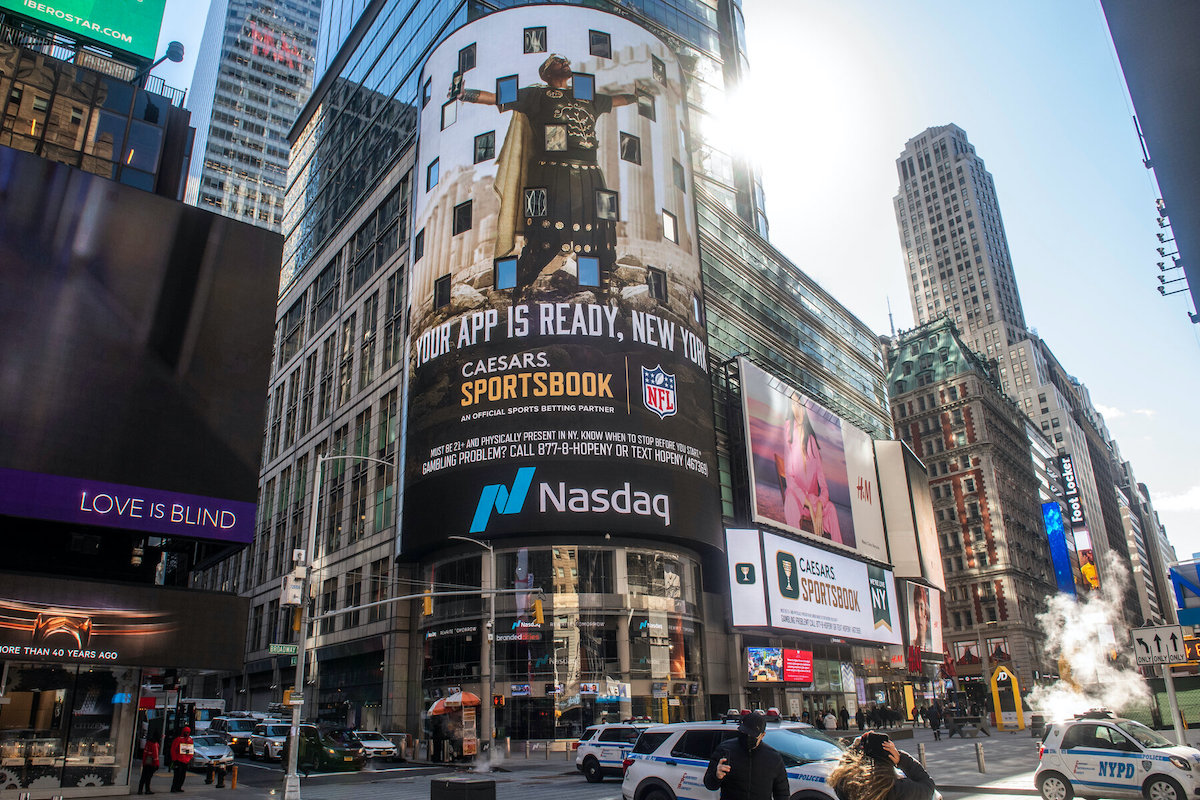The history of sports betting, legally, in the United States is complicated, to say the least, and though, in recent months, a number of states have legalized the activity, this hasn’t necessarily made things any clearer.
Take New York, for instance. When sports betting was made legal in January this year, it arrived with a fanfare, and the amount of money being wagered is astronomical; but growth is starting to slow, and that isn’t because of a lack of interest.
A number of factors have led to a slight stumble when it comes to the handle that is being accumulated in the Empire State. Firstly the number of providers has hit a self-imposed ceiling; if you want to see which brands are licensed and regulated in New York, then check out sports-betting-ny.com where you can isolate the best out there, which is key to your hopes of not only signing up with the more reputable operators but also the best odds in town.
The level of tax applied to providers stands at a country-wide high of 51%, and though the first few months of action saw the licensed brands spending a fortune on advertising and promotions, they are now holding back in this department, balancing the books and praying for a re-think in terms of the taxation policy in place (which is far higher than any other state in the Union).
It’s an issue that has angered those in positions of power at the leading brands. Gary Deutsch, chief financial officer at BetMGM, is one such detractor;
“The specific problem in NY is that it has a high 51% [tax on] gaming revenue and that it applies that rate to ‘phantom’ revenue from promotional credits,”
“That means that the real tax rate on net gaming revenue is well over 100%.”
“We simply can’t apply our capital against an irrational investment thesis. Players cannot continue to play if the house always wins, and the house cannot continue to play if it will always lose.”
But the industry shouldn’t be too discouraged. After all, in May, they took in $1.26 billion in bets in May, which is still very high, it’s just not at the same level as some earlier months, and that’s not entirely unexpected.
FanDuel and DraftKings remain the big boys in town, taking in around 40% of the action, and behind them come the likes of Caesars Sportsbook and BetMGM, two heavyweights in the market.
PointsBet suffered the most in terms of revenue drop, and behind them in the revenue rankings comes BetRivers, WynnBet, and Resorts World Bet.
Operators are fearful that states that appear set to legalize sports betting will feel the drain of a similar 51% tax rate, and that somewhat takes the edge off the likely opening of new markets.
Florida, California, and Texas are all on the road to passing the relevant laws to make sports betting legal, but they may still be some way from completing this regulatory step.
One thing is for sure, if those three massive states follow New York’s lead and legalize sports betting, then it’s likely almost all territories will follow suit for fear of seeing potential tax earnings move across state lines.
Featured Image Credit: Brittainy Newman for The New York Times


